Monday’s schedule includes the first evening forum sessions of this year’s meeting
Cancer research doesn’t stop at the end of the traditional workday and neither does the Annual Meeting.
Five forum sessions will be held Monday evening on a range of topics, from adolescent and young adult cancers, CAR cells, and data-sharing, to taking cancer care out of the hospital and into the home. The forum sessions run concurrently from 5 to 6:30 p.m. ET at the convention center. Here’s a closer look at tonight’s sessions.
FO01: What Are the Challenges and Solutions in Adolescent and Young Adult Cancers?
Room 311 E-H, Convention Center
Adolescents and young adult (AYA) patients are defined by the National Cancer Institute (NCI) as those diagnosed with cancer between 15 to 39 years of age. AYAs account for about 4.5 percent of all new cancer cases each year in the United States, according to the NCI. And the latest data from the NCI’s Surveillance, Epidemiology, and End Results (SEER) Program shows an 85.5 percent five-year survival for AYAs.
Mark Lewis, MD, Director of Gastrointestinal Oncology at Intermountain Healthcare, will moderate this forum, which will examine the past and present AYA oncology landscape, highlight some of the unique challenges in treating AYAs compared to treating patients 40 and older, and review hereditary predispositions to early-onset malignancy.
Anne Kirchoff, PhD, MPH, Associate Professor of Pediatrics and a Huntsman Cancer Institute Investigator in the Cancer Control and Population Sciences Research Program, will discuss the differences in AYA versus older adult populations in terms of health literacy and insurance insecurity, and perceived versus actual comfort levels among younger “digital native” patients.
Katherine L. Nathanson, MD, Deputy Director and Pearl Basser Professor for BRCA-Related Research at the Abramson Cancer Center and Professor of Genetics at the University of Pennsylvania Perelman School of Medicine, will discuss inherited susceptibility to cancer in the AYA population.
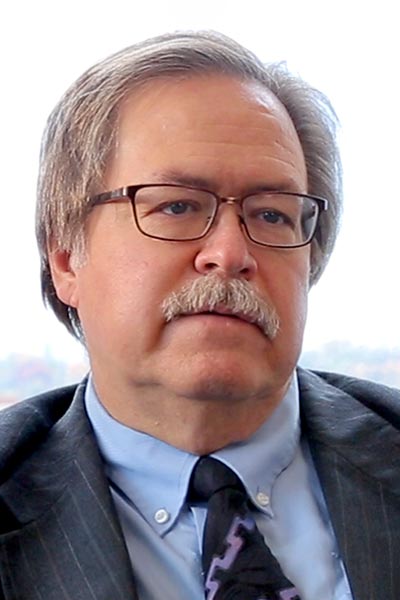
FO03: Why Share Data and How to Do it Better?: A SWOT Analysis
Room W331, Convention Center
Data-sharing is a tough business, according to forum moderator Michael J. Becich, MD, PhD.
“It takes willing leadership and it takes insight of how important data-sharing is for the common good,” said Becich, Distinguished Professor and Chair of Biomedical Informatics at the University of Pittsburgh School of Medicine. “Data-sharing is no longer something you think about off to the side — it’s central to the way we do science, care for patients, and improve cancer care delivery.”
As of January 2023, data-sharing became a required part of every research grant from the National Institutes of Health (NIH). The NIH also requires its researchers to maintain data for future use and budget data management and sharing as part of their research plans.
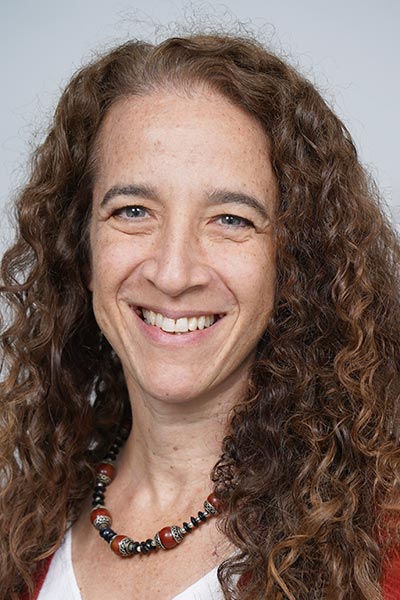
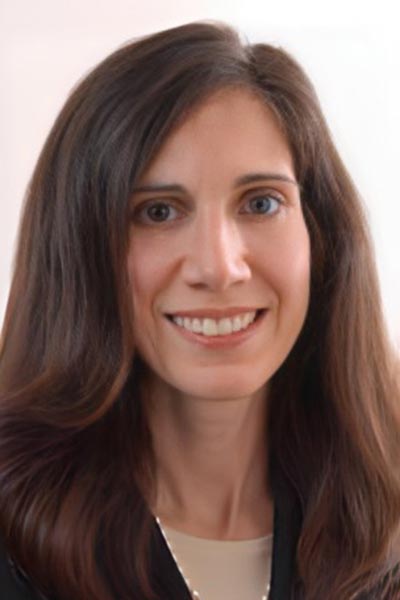
“Cost is a big barrier to data-sharing,” said Sylvia Plevritis, PhD, Professor of Biomedical Data Science and of Radiology and Chair of Biomedical Data Science at Stanford University School of Medicine. “Making good quality data available, and the clinical metadata associated with it, requires resources, people, and a commitment of resources from our institutions to make it happen.”
From a public health perspective, there’s a lot of reworking and re-entry of data that’s necessary for data-sharing, said Jessie Tenenbaum, PhD, who is currently on leave from the University of North Carolina to serve as Chief Data Officer for the North Carolina Department of Health and Human Services.
“You have busy clinicians having to enter data and you have conflicting federal and state laws about what data can be shared and how to optimize it for research,” Tenenbaum said. “I’m particularly interested in facilitating collaboration between government and academics to help academics align research with the policy and technical decisions. We need a data-driven approach to changing policy.”
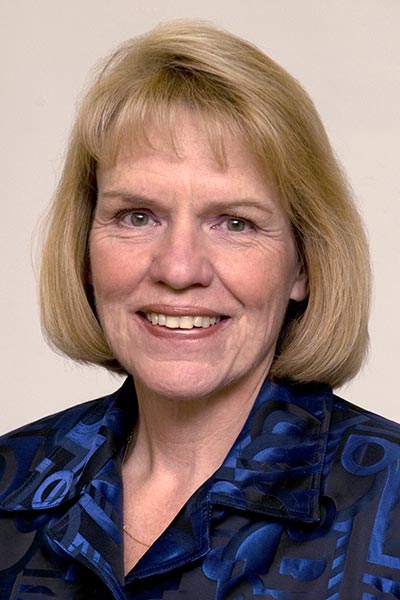
FO04: Why Cancer Care at Home Is Here to Stay: Implications for Care Delivery, Drug Development, and Research
Room W311 A-D, Convention Center
Cancer care is moving out of hospitals and into patients’ homes. Cancer researchers, funders, pharmaceutical manufacturers, regulators, and other stakeholders must begin adapting to the shift now, according to forum moderator Kathi Mooney, PhD, RN, Distinguished Professor and Louis S. Peery and Janet B. Peery Presidential Endowed Chair in Nursing and Co-Leader in Cancer Control and Population Sciences at the University of Utah Huntsman Cancer Institute.
“Cancer care historically has been a bricks-and-mortar affair, delivered in hospitals and clinics,” Mooney said. “Nationally, the trend has been to move care into communities and into patients’ own homes. Cancer care is following that trend.”
Susan Dentzer, MS, President and Chief Executive Officer of America’s Physician Groups, will explore the broader context of why health care in general, and cancer care specifically, is moving into patient homes. Justin E. Bekelman, MD, Founding Director of the Penn Center for Cancer Care Innovation at the Abramson Cancer Center and Professor of Radiation Oncology, Medicine, and Medical Ethics and Health Policy at the Perelman School of Medicine, University of Pennsylvania, will discuss the challenges and the potential of delivering cancer chemotherapy at home.
Mooney will discuss Huntsman at Home, Huntsman Cancer Institute’s program to develop home-based care programs for acute episodes that are most commonly treated in the hospital.
“Drug companies now need to think about how to package their drugs to be used in the home setting, not just in hospitals or infusion centers,” she said. “Cancer researchers, too, need to focus on home-based care. We are adding another site of care and we need to start talking about the implications of that shift.”
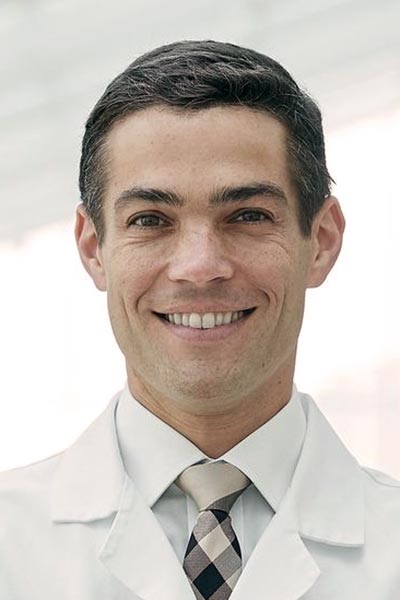
FO07: CAR Cells: Which CAR to Drive?
Chapin Theater, Convention Center
Chimeric antigen receptor (CAR) T cells manufactured from patients’ autologous blood have received regulatory approval and are commercially available in the U.S. and other jurisdictions. The initial round of approvals focused on B-cell malignancies and multiple myeloma.
“Many patients with otherwise refractory disease achieve deep and durable responses,” said forum moderator Saar I. Gill, MD, PhD, Scientific Director of the Cell Therapy and Transplant Program at the University of Pennsylvania and Associate Professor of Medicine at the Hospital of the University of Pennsylvania. “CAR T cells are now being tested earlier in the treatment paradigm in some hematologic malignancies.”
The challenge, Gill said, is that while the CAR T treatment platform has been validated in multiple hematologic cancers, there’s scant evidence at the proof-of-concept level that CAR T-based therapy can be useful in the treatment of solid tumors. At the same time, there’s a growing body of clinical reports of convincing responses in solid tumors that have been treated with autologous CAR T cells. It’s time to discuss which CAR is best employed in specific clinical settings, Gill said.
Yvonne Y. Chen, PhD, Associate Professor of Microbiology, Immunology & Molecular Genetics and of Chemical and Biomolecular Engineering, and Co-Director of the Jonsson Comprehensive Cancer Center Tumor Immunology Program at the University of California, Los Angeles, will outline the synthetic biology of CAR protein engineering during the forum.
Christine E. Brown, PhD, Heritage Provider Network Professor in Immunotherapy and Professor of Hematology & Hematopoietic Cell Transplantation and Immuno-Oncology at City of Hope, will explore the practical considerations and functional implications of CAR protein engineering.
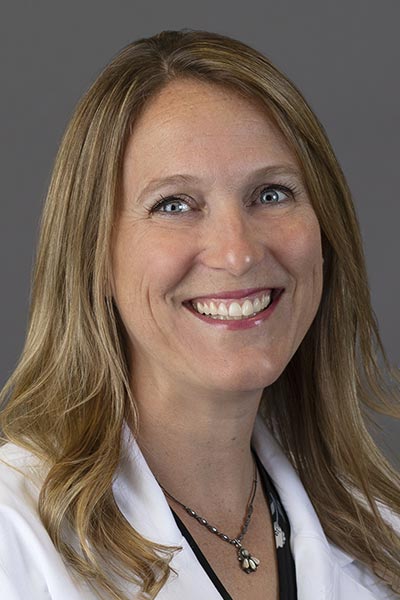
FO09: What Is the Utility of PDX and Organoid Models in the Era on Immuno-oncology?
Tangerine Ballroom 1 (WF1), Convention Center
This forum will start with a short introduction of common patient-derived models used in cancer research, such as xenografts and organoids, and then focus on the relevance of such models in the era of immuno-oncology. The speakers will explore the strengths and opportunities of state-of-the-art in vivo and in vitro patient-derived models, while specifically addressing tumor-immune interactions. The challenges, limitations, and future goals for each system will be discussed.
Alana L. Welm, PhD, Ralph E. and Willia T. Main Residential Professor in Cancer Research, Senior Director of Basic Science, and Professor of Oncological Sciences at the University of Utah Huntsman Cancer Institute, will moderate the forum.
“I think most AACR attendees are pretty aware that patient-derived models are the cutting edge, but until recently it has been so challenging,” Welm said. “This session will give attendees insight into the latest advances, give them a glimpse of how patient-derived models might work in their own research, and spark their own ideas. This is the perfect place for basic scientists who are trying to make their research a little more relevant to the actual human disease. And translational researchers will want to see the latest preclinical models that are being used as research starts to move toward drug development.”
Karolina Palucka, MD, PhD, Professor and Director of the JAX Cancer Center at the Jackson Laboratory for Genomic Medicine and Professor in the Department of Immunology at the University of Connecticut School of Medicine, will highlight the latest developments in mouse xenograft models.
Calvin J. Kuo, MD, PhD, Maureen Lyles D’Abrogio Professor of Medicine at Stanford Medical School, will highlight the most recent advances and advantages of in vitro approaches using organoid-immune co-cultures.
More from the AACR Annual Meeting 2025
View a photo gallery of scenes from Chicago, continue the conversation on social media using the hashtag #AACR25, and read more coverage in AACR Annual Meeting News.

